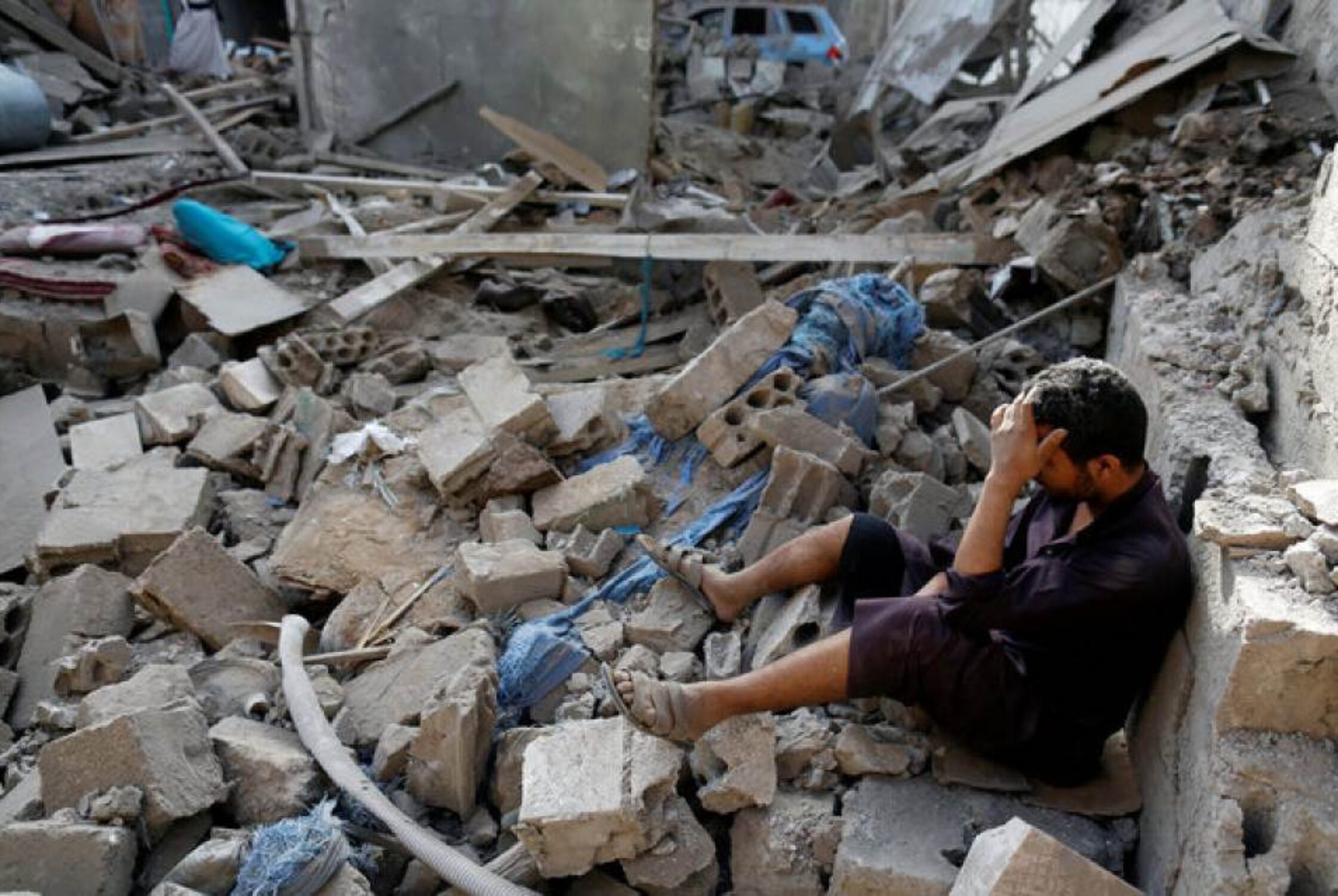Humanitarian Assistance vs. Weapons in Yemen

Refugees International is deeply disappointed by the failure of yesterday’s Senate vote on a resolution expressing disapproval of the $550 million U.S. arms sale to Saudi Arabia.
The coalition engaged in strikes on Yemen is led by Saudi Arabia, and the Senate’s failure to act – and the provision of additional weapons to Saudi Arabia – will likely result in much a higher level of civilian injuries and deaths in a country that is already ill-equipped to protect people from the devastating effects of a two-year armed conflict.
According to current reporting, there are more than 100,000 cases of cholera in Yemen, and that number grows every day. The cholera epidemic is only the most recent development in a multi-faceted crisis in Yemen that combines a humanitarian disaster with a public health emergency and ongoing diplomatic failure.
Across the country, seven million people are on the verge of famine. Another 10 million urgently need humanitarian aid of some sort to survive.
Across the country, seven million people are on the verge of famine. Another 10 million urgently need humanitarian aid of some sort to survive. More than three million people have been forced to flee their homes, food insecurity is worsening by the day, and the medical care system is rapidly failing.
The cholera outbreak cannot be managed with the health system that is currently in place, but the destruction of health care infrastructure and the severe limitations on imports of most kinds have restricted aid groups’ ability to carry out a large-scale response. And as a result of the near-famine conditions, huge numbers of people with compromised immune systems are less able to fight off – or respond to treatment for – diseases that might otherwise not be fatal.
Humanitarian aid cannot solve the political conflict in Yemen, but it can keep people alive long enough to see it end and restart normal life. Refugees International calls on all parties to the conflict to ensure that both the cholera outbreak and the food insecurity are brought under control as soon as possible by ensuring respect for international humanitarian law and by facilitating the work of humanitarian actors.
In addition, the United States must press the Saudi government not to focus coalition strikes on civilian targets, and to facilitate the entry into and delivery of all types of humanitarian aid and services to the millions of civilians suffering in Yemen.
Humanitarian aid cannot solve the political conflict in Yemen, but it can keep people alive long enough to see it end and restart normal life.
Almost a year ago Senator Chris Murphy, one of the original sponsors of the resolution, said “there is an American imprint on every civilian life lost in Yemen.” The United States needs to refuse to participate in increasing this loss, and instead invest in lifesaving assistance to Yemen’s innocent civilians.
Refugees International also expresses its appreciation to the senators who voted against the arms sale for their principled opposition to a government transaction that will only exacerbate the desperate circumstances of the average Yemeni.
Top photo: A man sits on the rubble of a house of his relatives, destroyed by a Saudi-led air strike in Sanaa, Yemen June 9, 2017. REUTERS/Khaled Abdullah